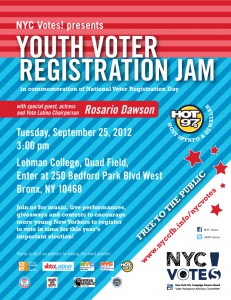In the article,” Facebook’s Privacy Trainwreck”, the author discusses the inconvenience caused by “News Feeds” where people could have access to their Facebook friends’ activities and sensitive information. However, after the protest of Facebook users again the violation of their privacy, Mark Zuckerberg took some initiatives to stop this annoyance. Indeed, Zckerberg says that the goal of Facebook is to help people share information, but some users use it as source of libel and bullying. For instance, a friend of mind split out with his girlfriend; thus in order to take her revenge, she used his own Facebook page to gossip several bad things about him include their sexual life, and all his receive those horrible posts. In fact, she was able to do that because she knew his password.
Concerning the online privacy, I thing that something must be done by the government to stop the tracking of other people information because if someone has some information about what you like, what you do, and what kind of website you surf, it is like you are walking naked in front of him, so he can harm you at anytime he want.




